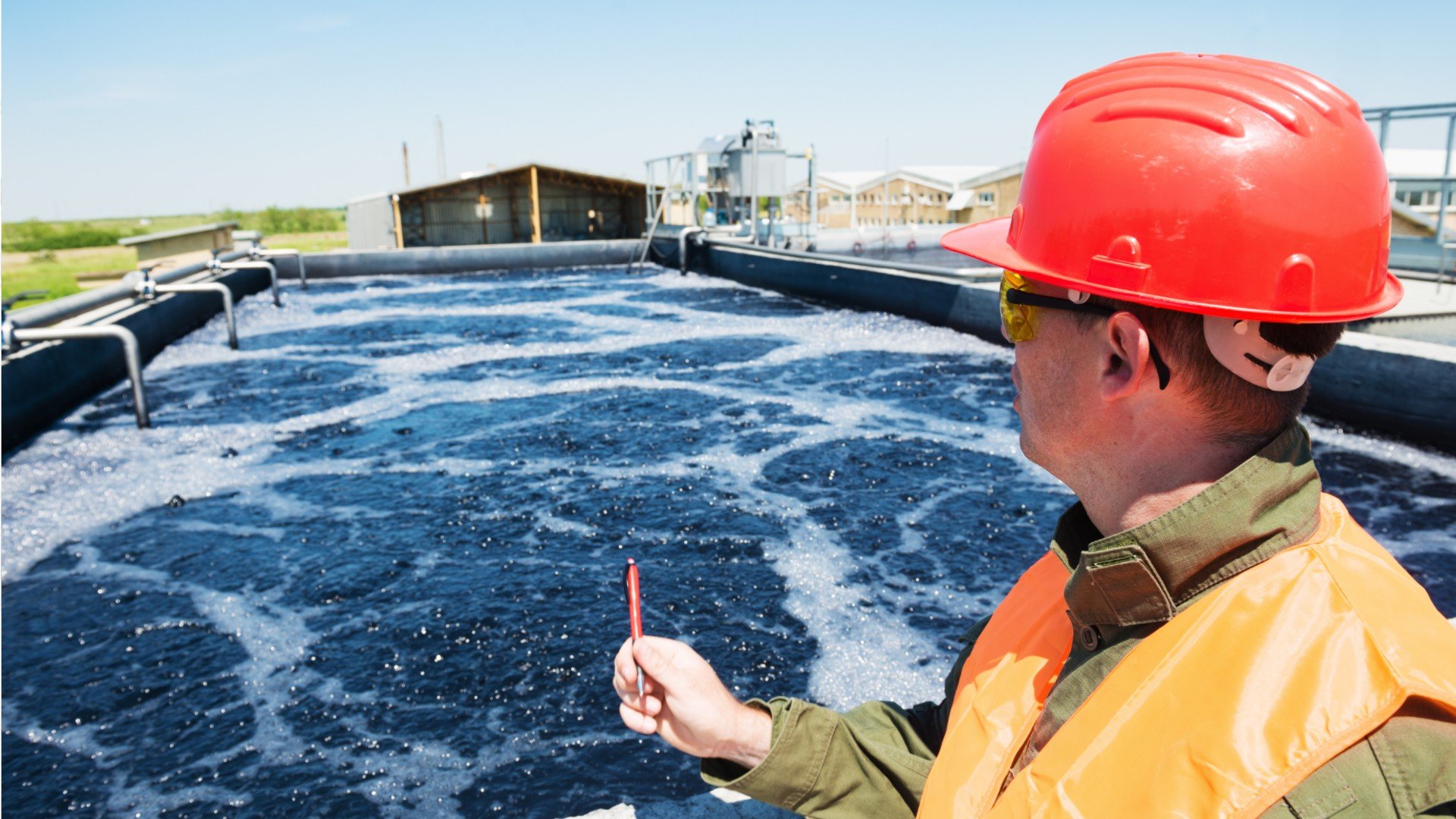Wastewater and water management are critical parts of the infrastructure of every city in America. The tasks performed by operators and technicians who work at treatment plants protect civilians and environments from public health crises and ecological disasters. For that reason, these professionals must be properly trained and licensed in order to perform these essential tasks.
At O&M Solutions, we specialize in equipment operations, water treatment facility management and more. We’re here to support your team with any water treatment tasks. Contact us to see how we can help.
The process for obtaining a water and wastewater system operator license is thorough; it must be to ensure the health and wellbeing of the communities in which they operate.
Keep reading to learn more about the licensing processes for water treatment professionals in New Jersey and other ancillary certifications required by the federal, state and municipal governments.
New Jersey Department of Environmental Protection Licenses
In New Jersey, water treatment plants are subject to environmental protection laws. These laws are upheld by the New Jersey Department of Environmental Protection (NJDEP) Division of Water Supply and Geoscience.
As per the NJDEP, all water and wastewater treatment facility operators must hold a license that is equal to or greater than the requirement for their specific facility. Applicants must complete a series of courses, relevant work experience and exams in order to obtain their license.
The levels of license for water and wastewater treatment are:
Industrial Wastewater Treatment System (N License): For professionals who operate industrial systems that plan to treat any liquids containing sludge, scum or non-sanitary substances. Such facilities also require an authorization permit from the NJDEP.
Public Wastewater Collection System (C License): For professionals who plan to operate systems that deal with over 250 civilians or over 25,000 gallons of wastewater daily. Such facilities can serve private, commercial, institutional or industrial needs.
Public Wastewater Treatment System (S License): For professionals who will work with systems that deal with domestic non-sanitary liquid.
Public Water Distribution System (W License): For professionals working with distribution systems that supply water for public consumption or domestic purposes.
Public Water Treatment System (T License): For professionals who deal with water that is intended to be treated for public consumption using the addition or removal of substances to increase the safety, palatability or health of the water.
Very Small Water System (VSWS License): For professionals who operate a public system that accommodates fewer than 100 properties.
Water and Wastewater Operators Licensing
To determine eligibility for a license, a board of examiners and an advisory committee examine the applicant's background. The prerequisites for demonstrating eligibility include:
Experience: Demonstrated competency compliance in the processes, procedures and regulations for operating the systems of concern.
Education: Any apprenticeships or education in the field of water or wastewater management.
Exam scores: Proof of competency through a state-regulated examination process.
Formal training courses: Proof of completion and success in the required training modules.
All operators who become licensed in New Jersey will be legally permitted to operate, maintain and service any system that is within the range of the license they hold. In order to continue their license, operators complete a recertification process every three years.
Underground Storage Tank Certification
In addition to standard operator licensing, professionals who deal with underground storage tanks (USTs) must obtain a separate certification to demonstrate competency and a thorough understanding of the processes for ensuring environmental and public health protections.
The certification can be completed at various educational institutions in New Jersey including:
Rutgers University Continuing Professional Education
Operators working on both Regulated USTs and systems as well as Unregulated Heating Oil Tank (UHOT) systems are required to be certified by the state.
Operator Licensing Information
After obtaining an operator license, professionals will be legally permitted to hold a title, designation or position that requires them to perform duties on-site at a water or wastewater treatment facility. They may be responsible for system maintenance, operation and management of water treatment systems in New Jersey.
Depending on your municipality, there may be specific resources provided to support your understanding of and success in the licensing process.
Upon completion of the operator license processes, all active operators must complete monthly operator reports for work completed at either surface or groundwater treatment plants. If you plan to cease work at a treatment plan and no longer require the use of your permit, you must notify the NJDEP. If you plan to cease operations at a treatment plant in order to begin a new operator position, you must complete and submit a form for the NJDEP’s records.
Training Courses for Water and Wastewater Operators
Training for the operator license can be completed at Rutgers University.
Other training courses can be taken at the following institutions:
Find a Licensed Wastewater System Operator in NJ
The licensing process for water and wastewater operators is thorough and rigorous in order to ensure the utmost security of New Jersey’s citizens and ecosystems. But it takes more than just a license to bring specialized expertise to a water management project.
The team at O&M has decades of experience delivering excellent results to water and wastewater treatment facilities and projects. We provide advanced capabilities that extend beyond simple mechanics or rudimentary task completion. Our team can provide strategic leadership and management that results in mitigated risk, fewer errors, enhanced productivity and improved compliance at your plant.
If you’re looking for wastewater management support in the public and private sectors in New Jersey, Pennsylvania and New York, contact us to learn more about how we can support your needs.
